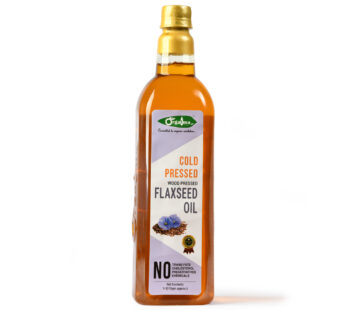Add to Wishlist
Add to Wishlist
Filter Products
Filter by price
Top rated products
-
 Cold Pressed Groundnut Oil (Premium)
Rated 5.00 out of 5₹ 231.00 – ₹ 1,908.00Price range: ₹ 231.00 through ₹ 1,908.00
Cold Pressed Groundnut Oil (Premium)
Rated 5.00 out of 5₹ 231.00 – ₹ 1,908.00Price range: ₹ 231.00 through ₹ 1,908.00 -
 Cold Pressed Almond Oil
Rated 5.00 out of 5₹ 160.00 – ₹ 2,648.00Price range: ₹ 160.00 through ₹ 2,648.00
Cold Pressed Almond Oil
Rated 5.00 out of 5₹ 160.00 – ₹ 2,648.00Price range: ₹ 160.00 through ₹ 2,648.00 -
 Cold Pressed Groundnut Oil (Gold)
Rated 5.00 out of 5₹ 182.00 – ₹ 1,704.00Price range: ₹ 182.00 through ₹ 1,704.00
Cold Pressed Groundnut Oil (Gold)
Rated 5.00 out of 5₹ 182.00 – ₹ 1,704.00Price range: ₹ 182.00 through ₹ 1,704.00



